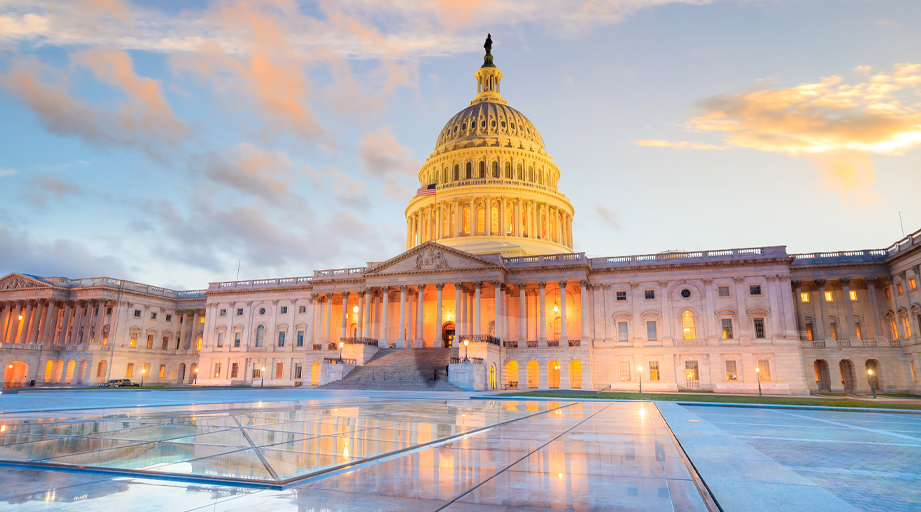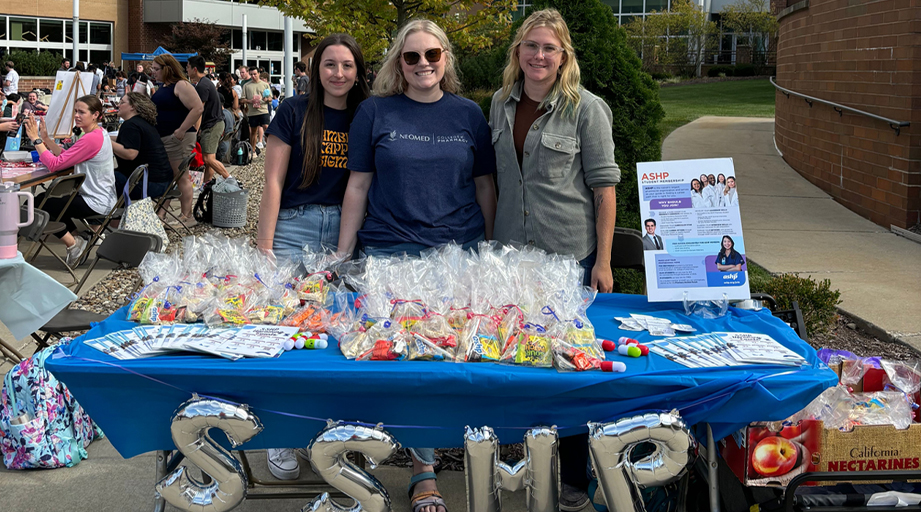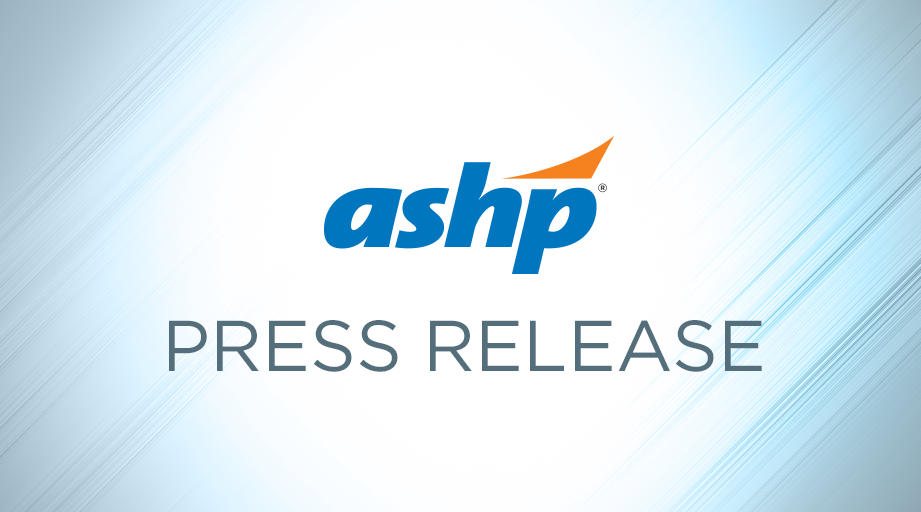
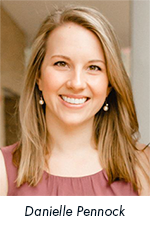 It was not long after the arrival of COVID-19 vaccines in December that Danielle Pennock volunteered as a vaccinator, transitioning to a dose preparer the following month. Within a few weeks, she found herself taking a leadership role in establishing a mass vaccination clinic.
It was not long after the arrival of COVID-19 vaccines in December that Danielle Pennock volunteered as a vaccinator, transitioning to a dose preparer the following month. Within a few weeks, she found herself taking a leadership role in establishing a mass vaccination clinic.
Pennock, a post graduate year 2 (PGY2) resident, is in the midst of her community pharmacy administration and leadership residency at Johns Hopkins Medicine.
She learned the workflow of a vaccine clinic hands-on as she served as a vaccinator for the first phase of Johns Hopkins’ vaccination effort, which ensured frontline healthcare workers would receive the COVID-19 vaccine. In January, the pharmacy team learned overnight that Maryland would be moving into the next phase of eligibility and that the health system would be opening their patient-facing clinics very soon after.
“All of a sudden we needed to open four patient-facing clinics,” she said.
She soon received a call from her residency program director asking if she’d be interested in leading one of the clinics.
“There were a lot of logistical things that needed to be worked out that really aligned with my administrative training, so she had the confidence in me that I would be able to marry my clinical training with administrative training to get this clinic up and running,” Pennock said.
Pennock said she never imagined when she secured her administration and leadership residency that she’d be helping to organize a mass vaccination clinic during a pandemic.
“I was just really happy to participate when the employee clinics started popping up …. I love clinical care. Anytime someone is excited to receive a vaccine, I’m excited,” she said. “I didn’t expect for us to move that quickly to patient-facing clinics, so this definitely was not on my radar.”
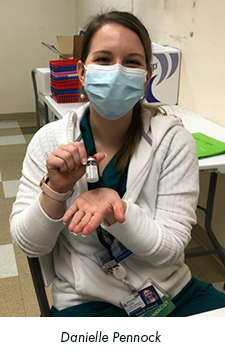 Pennock said her responsibilities included ensuring the supplies and infrastructure were in place to support the vaccine clinic. Staffing is a major part of her daily responsibility, to ensure enough people are on site to cover dose preparation and immunizing.
Pennock said her responsibilities included ensuring the supplies and infrastructure were in place to support the vaccine clinic. Staffing is a major part of her daily responsibility, to ensure enough people are on site to cover dose preparation and immunizing.
“We basically had two business days and a weekend to get the clinic up and running,” she said. “I was very fortunate to have two wonderful nurse managers who helped lead.”
Pennock also had to assess the storage and security considerations for the vaccines and stay in contact with the central scheduling team to ensure that the daily patient volume did not exceed dose availability.
At this point her rotation completely changed, Pennock said, but her rotation schedule returned to normal in March. She said she is grateful for the role she has been able to play during the pandemic. Upon reflecting on the pandemic, Pennock said two themes have emerged: love and compassion.
“As tough as it has been, I have never experienced on my end nor given so much love in my life — to my patients, to my coworkers, to family and friends, making sure we all appreciate the here and now,” she said. “It’s reminded me we need to take care of each other as humans. Going into the leadership field in pharmacy administration, this has really shaped me to be compassionate with those who I am working with, whether they are reporting to me or I’m reporting to them, because you never know what’s going on in people’s lives.”



